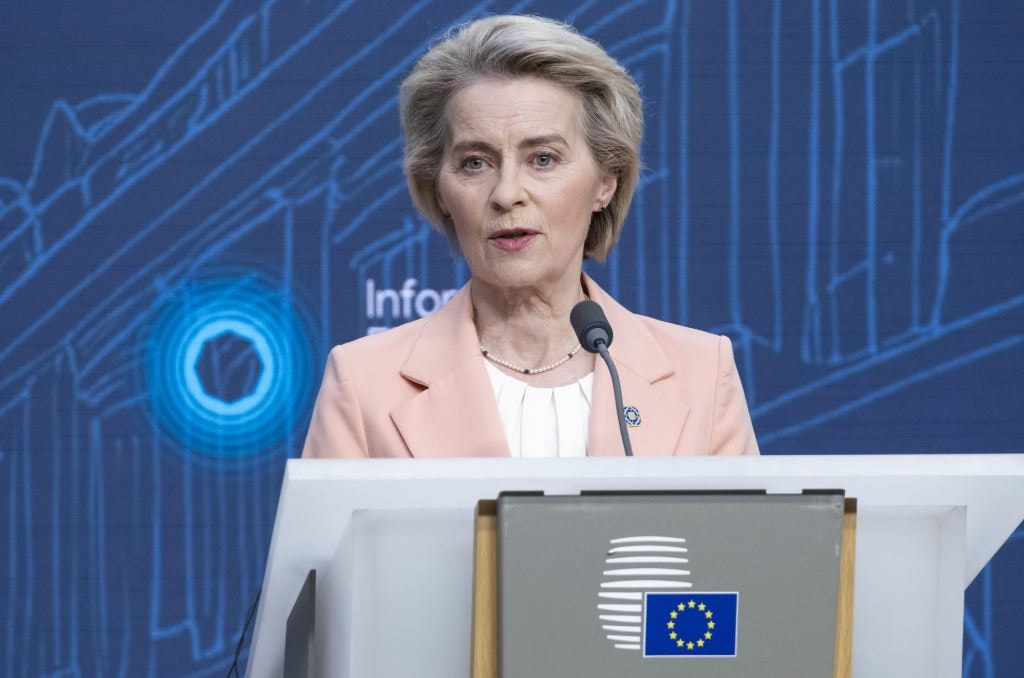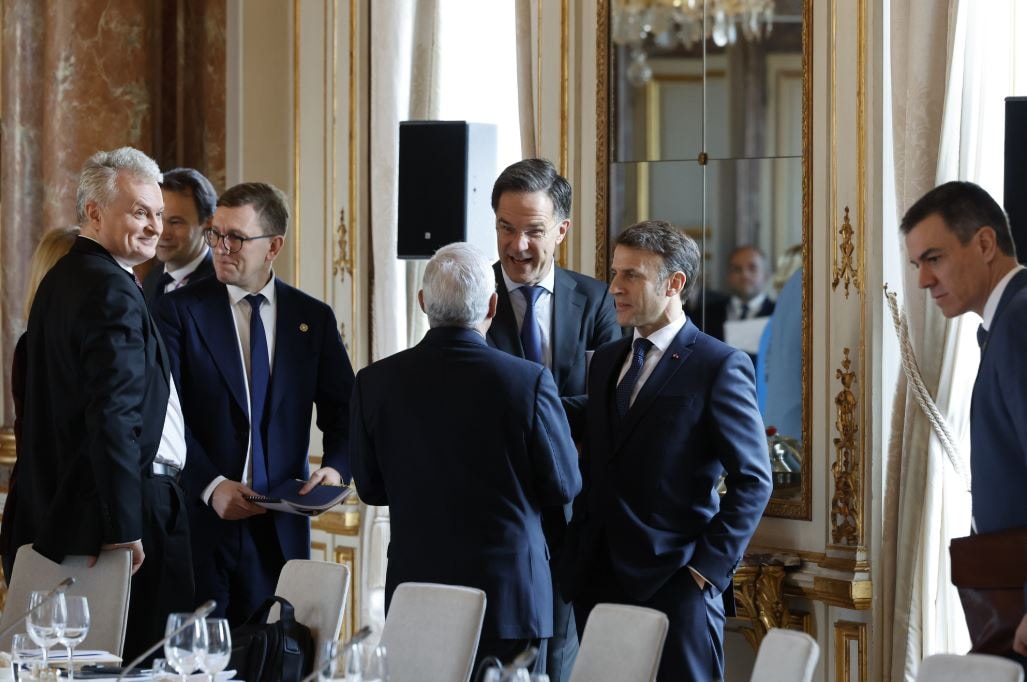Why does the EU need 800 billion euros to rearm?
The European Commission president has unveiled an €800 billion plan to re-arm the EU. To boost military spending, Brussels proposes weakening current EU budget rules, allocating more loans and attracting private capital.

According to RT on March 5, President of the European Commission (EC) Ursula von der Leyen presented a large-scale rearmament plan for Europe. The cost of the program is estimated at 800 billion Euros.
“Under the ReArm Europe plan, nearly €800 billion could be mobilised for a safe and sustainable Europe,” the EC President said in a statement..We will continue to work closely with our NATO partners. This is a crucial moment for Europe. We are ready to step up our efforts.”
The plan consists of five parts. The first is to make concessions to EU member states in the area of fiscal discipline. Currently, EU members are obliged to comply with the terms of the Stability and Growth Pact, according to which annual budget deficits must not exceed 3% of GDP and public debt must be below 60% of GDP.
“The first part of the European rearmament plan is to free up the use of defense budget funds at the national level. Member states are willing to invest more in their own security, if they have enough financial space… Therefore, in the near future, we will propose to activate a clause that exempts countries from implementing the provisions of the Stability and Growth Pact,” said Ursula von der Leyen.
According to the EC President, this measure will allow EU countries to allocate 650 billion euros for defense needs within 4 years without causing excessive deficit procedures.
The second part of the plan is to provide EU countries with 150 billion euros in loans to invest in defense. This money will be dedicated to air and missile defense systems, artillery systems, ammunition production, drones and other weapons.
The EC chief said the instrument would help member states pool their needs and make joint purchases. Of course, with such funds, member states would be able to significantly increase their support for Ukraine.
The EC believes that this common procurement approach will help reduce costs, increase the compatibility of defence systems and strengthen the industrial base of the European defence industry.
In addition, the EC proposes to use the possibilities of the EU budget as well as to mobilize private capital through the European Investment Bank.
In addition, Ms. von der Leyen believes that it is necessary to accelerate the process of forming a European Savings and Investment Union, which she mentioned last autumn. This structure would help solve the problem of funding shortages for research and development activities of enterprises.
According to the EC President, the European Union is currently living “in an era of rearmament”, both to meet the urgent need to act and support Ukraine in the short term, and to address the long-term need to take on more responsibility for European security.

Observers say that not all EU countries agree with such an ambitious plan. Economic analyst Alexei Kuznetsov says this could have many consequences, including some countries leaving the EU. It could also lead to a decline in EU economic prosperity.
Ursula von der Leyen detailed the ReArm Europe plan in preparation for an emergency EU summit on Ukraine and defence on 6 March. The meeting is expected to take the first decisions on strengthening the EU's defence capabilities, an issue previously discussed by EU leaders at a meeting in Brussels in February.
The EU has been increasing its military spending for years now, with official figures showing that defense spending will increase by more than 30% between 2021 and 2024, to around €326 billion, or about 1.9% of the EU's GDP.
At the summit, the EC will also present proposals for increased funding to Ukraine in light of changing US policy. European leaders will also discuss providing security guarantees to Ukraine. As European Council President António Costa said at the end of February, the EU is ready to take on more responsibility for European security.
Experts believe that Brussels, when planning to increase military spending, deliberately did not take into account the possibility of life in EU countries deteriorating.
Vadim Trukhachev, Associate Professor at the Russian State University for the Humanities, believes that the EC is not thinking about the economy. According to Trukhachev, the most important thing for the EU is to defeat Russia, and they are not afraid to spend money to achieve this. "For them, ideology is more important than economics," the expert said.






